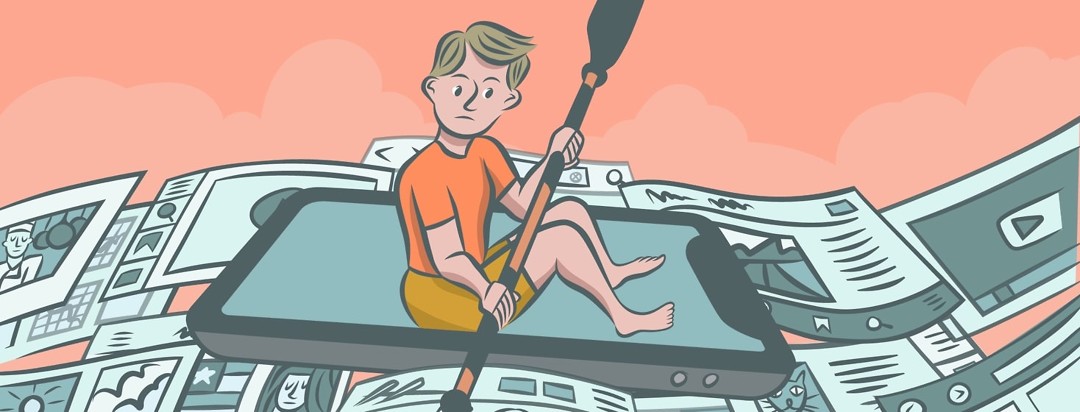Where To Start: Supporting Your Partner With Endometriosis
So your partner has endometriosis. Perhaps this diagnosis came around long before you, and you are interested in learning more about your partner’s condition. Or perhaps this is a new diagnosis, and you and your partner are both new to the world of endo and what it could mean going forward. However far along the endometriosis journey you and your partner are, it’s important that you’re there to support and uplift them, and a great place to start with this is educating yourself about the condition. I’ve compiled a little list of some jumping off point for anyone out there looking to learn about endometriosis from a supportive perspective, not necessarily of someone with endometriosis.
Start with the basics
It is a good idea to start with the basics - knowing what endometriosis is. There are plenty of places you can learn about this, just search "what is endometriosis?", but I’d recommended starting with Endometriosis UK’s super helpful and easy to understand guide to understanding endometriosis. Another very concise and useful place to start is Know Your Endo, a site by Jessica Murnane. This site is full of useful information and resources about endometriosis, including this handy guide to endometriosis.
Help your partner to research management strategies
Once you understand what you are dealing with, your next question may be, "So what can we do about it?". Although there is no cure for endometriosis, there are many ways that people manage the symptoms of the condition. Some endo patients manage their condition so well that they live with virtually no symptoms. All pain and symptom management strategies are individual and may not work for everyone. It can take time to find a management strategy that works for your partner, but persistence is key - once you find something that works, it can be transformative.
Endometriosis UK has a free guide to treatments for endometriosis. This guide is focused mainly on "recognized" treatment options, so doesn’t include much about things like diet or lifestyle changes, but is still helpful to see what your options are. However, there are plenty of other options strongly recommended by sufferers of endo, and more natural ways to manage the condition that my partner and I have found to be even more beneficial.
Find resources
There is a great free guide to healing endometriosis naturally on the This EndoLife website. It covers a lot of the strategies that author Jessica Duffin has experimented with, and what she finds most effective. For a deeper dive, read Take Control of Your Endometriosis: Help Relieve Symptoms with Simple Diet and Lifestyle Changes by Henrietta Norton. Norton is a nutritional therapist and endo sufferer herself, and provides ‘both a personal and professional look at how women can take control of their endometriosis and relieve their symptoms naturally. She shows how making informed choices can improve wellbeing through diet and lifestyle changes and can personally vouch for the positive difference these alterations can make to the health of endometriosis sufferers.’
Supporting someone with a chronic condition can be tough for those around them, so you if feel you need support yourself, there are people to talk to. If you are based in the UK, call the Endometriosis UK helpline on 0808 808 2227. For the rest of the world, please refer to this list to contact your local Endometriosis organization.
Do you have a partner with Endometriosis? Chime in on the conversation here
Community Poll
Does endometriosis make outdoor activities difficult?

Join the conversation